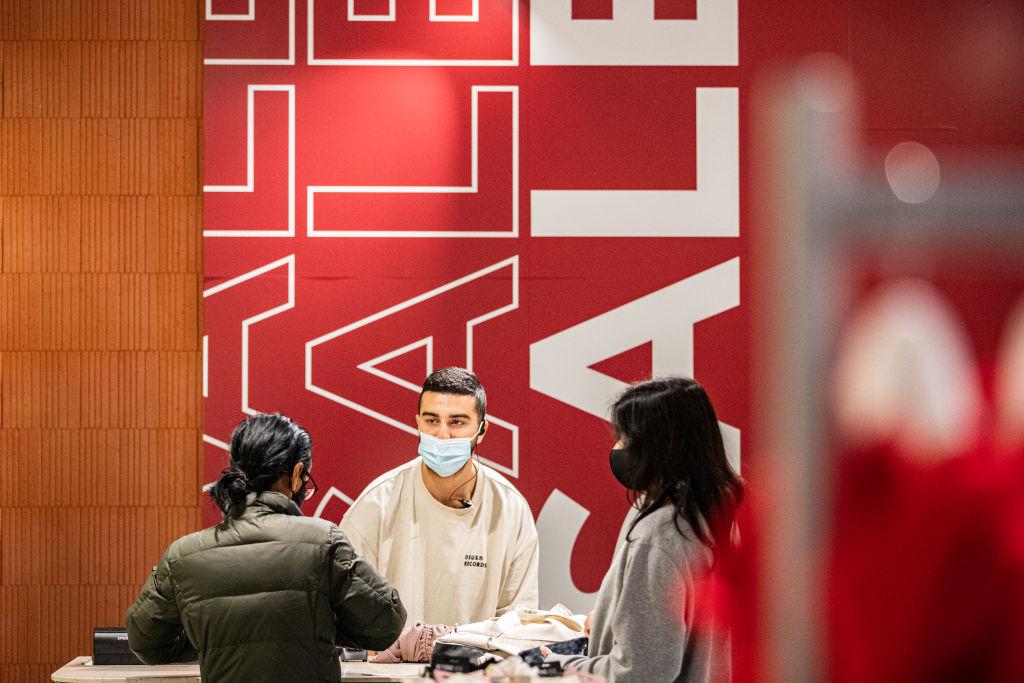Peak business bodies are calling for state governments across Australia to abolish the seven-day isolation requirements for close contacts of people with COVID-19.
Business New South Wales (NSW) and the Victorian Chamber of Commerce and Industry said it was necessary to remove those rules to mitigate labour shortages.





